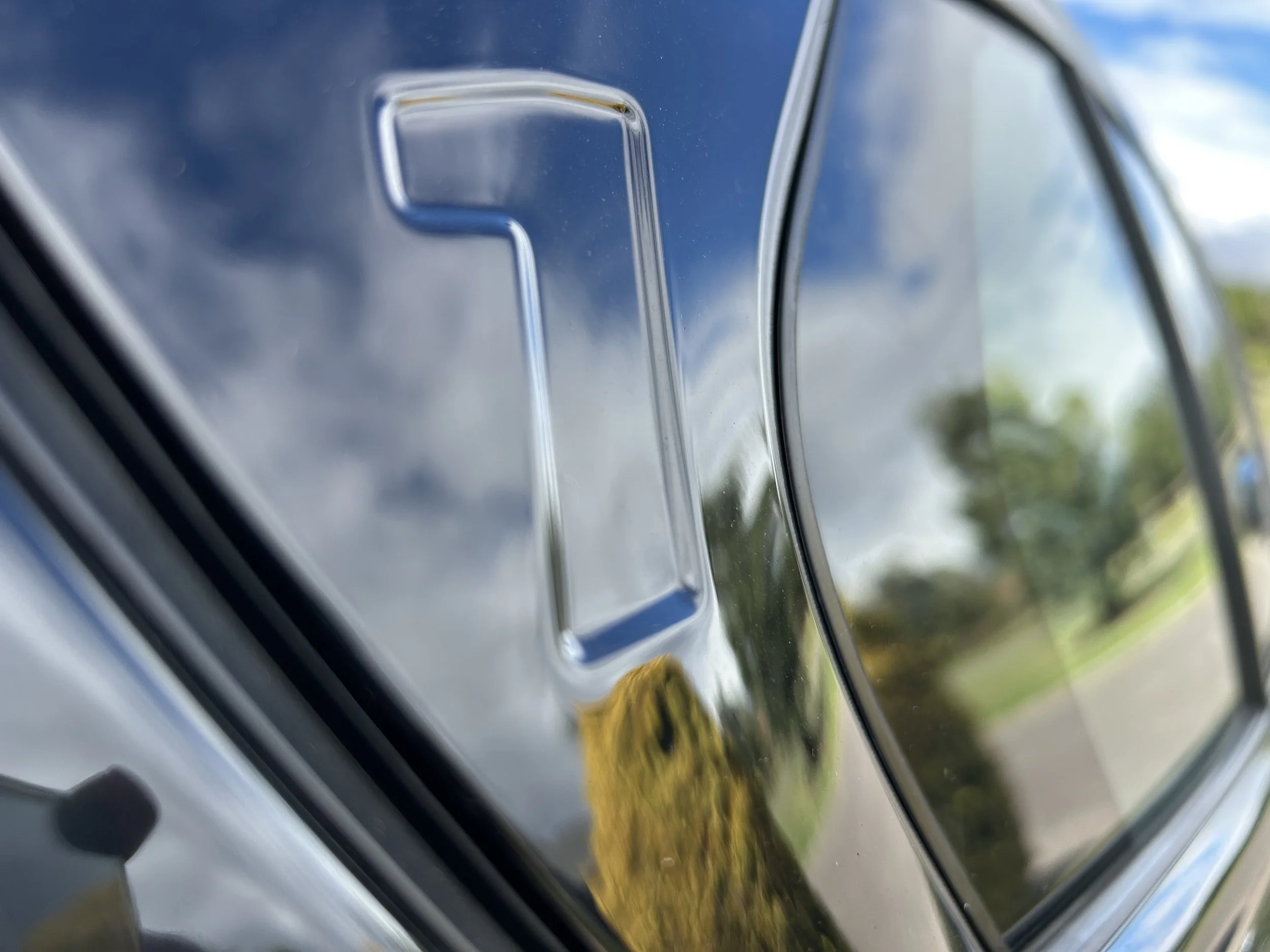Batteries included with all COTY candidates
/All contenders having electric involvement a first for national award.
ELECTRICATION is the common element of the 10 passenger models that have made the cut for the next New Zealand Car of the Year title.
Eight of the 10 candidates are fully battery-compelled and two have electric-assisted drivetrains. That’s a first for the national award, according to the organiser.
In alphabetical order, the candidates are: BMW i7, Cupra Born, Ford Mustang Mach-E, Hyundai Ioniq 6, Lexus RZ, Mercedes-Benz EQE sedan, MG4, Nissan X-Trail, Peugeot 308 and Skoda Enyaq.
The i7, Born, Mustang Mach-E, Ioniq 6, RZ, EQE, MG4 and Enyaq are only designed to be fully electric. The 308 range includes a plug-in hybrid version. The X-Trail’s e-Power drivetrain is alternate to a fully conventional petrol engine; e-Power cars drive on electricity, but have a combustion engine that acts as a generator.
Electric models have gradually become increasingly dominant in the award.
Robert Barry, president of the New Zealand Motoring Writers’ Guild, which has been deciding the national prize for almost four decades, says last year six battery-wed cars made the cut.
The first electric model to achieve New Zealand Car of the Year was the BMW i3, in 2015. That was a range extender version with small supplementary petrol engine acting as a power generator.
The prize has since gone to four fully electric cars: Jaguar i-Pace in 2019, Mercedes-Benz EQC in 2020, Hyundai Ioniq 5 in 2021 and then the BYD Atto3, the current holder.
Now entering its 36th year, New Zealand Car of the Year has firm industry recognition as country’s most prestigious motoring award. It holds singular credibility as being delivered without commercial ties or influence.
Finalists are vehicles that launch as an all-new model within the past 12 months. Guild members will judge the contenders and the prize in announced in February.
Assessment spans how the vehicle performs its intended role; its styling, interior design and accommodation; fit, finish and quality; ride and refinement; performance; road-holding and handling; value for money; active and passive safety and environmental responsibility.
Barry notes global car makers are moving toward full electrification and says the candidates deliver sophisticated engineering.
He also reminds that while some of the candidate cars are high-end and expensive - the priciest being the i7, at $276,600 - five full electrics under consideration meet the threshold for the $7015 Clean Car Rebate.

















